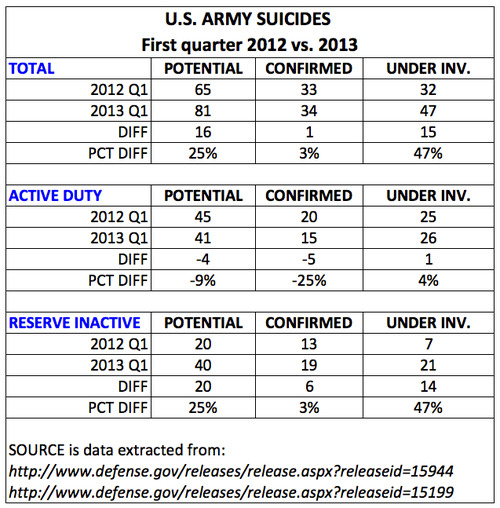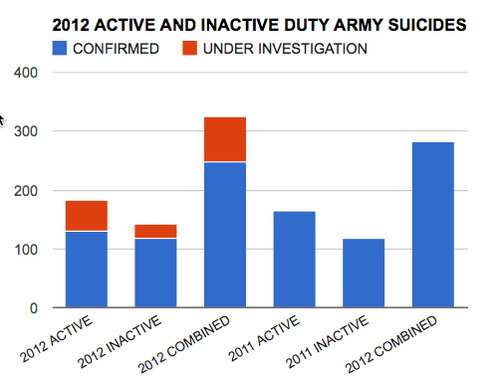
U.S. Army Vice Chief of Staff Gen. Daniel Allyn, U.S. Navy Vice Chief of Naval Operations Adm. Michelle Howard, U.S. Air Force Vice Chief of Staff Gen. Larry O. Spencer and U.S. Marine Corps Assistant Commandant Gen. John Paxton appear before the Senate Armed Services Committee’s Subcommittee on Readiness and Management Support on March 25, 2015. (Jennifer-Leigh Oprihory/MEDILL NSJI)
WASHINGTON – Sen. Kelly Ayotte, R-N.H., asked top U.S. military brass for an update on the current status of military sexual assault cases within the armed forces in a Senate hearing Wednesday.
The hearing, hosted by the Senate Armed Services Committee’s Subcommittee on Readiness and Management Support, focused on the current state of U.S. military readiness, especially under the influence of sequestration.
Those who gave testimony included U.S. Army Vice Chief of Staff Gen. Daniel Allyn, U.S. Navy Vice Chief of Naval Operations Adm. Michelle Howard, U.S. Air Force Vice Chief of Staff Gen. Larry O. Spencer and U.S. Marine Corps Assistant Commandant Gen. John Paxton.
Ayotte, chairwoman of the subcommittee, said that she would be remiss if she didn’t take time during the hearing’s question and answer period to ask for such a status report from the senior leaders of the four military branches.
The four witnesses each gave a description of how their respective service was working to combat the problem of sexual assault in the military.
Listen to each of their responses:
United States Army Vice Chief of Staff Gen. Daniel Allyn:
United States Navy Vice Chief of Naval Operations Adm. Michelle Howard:
United States Marine Corps Assistant Commandant Gen. John Paxton:
United States Air Force Vice Chief of Staff Gen. Larry O. Spencer:
What do you think of the officers’ responses? Are they consistent with your own research and reporting on sexual assault in the military? Sound off on Twitter by tweeting to @NatSecZone with the hashtag #NatSecSoundoff.





